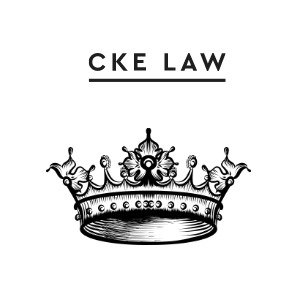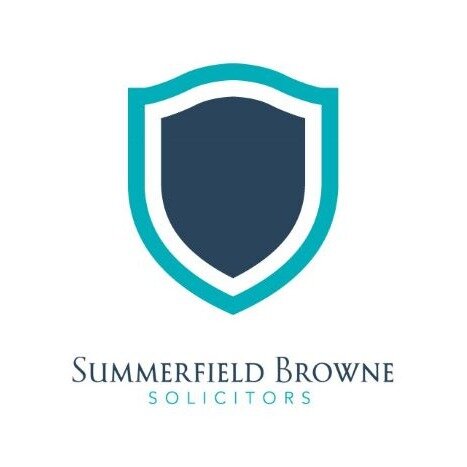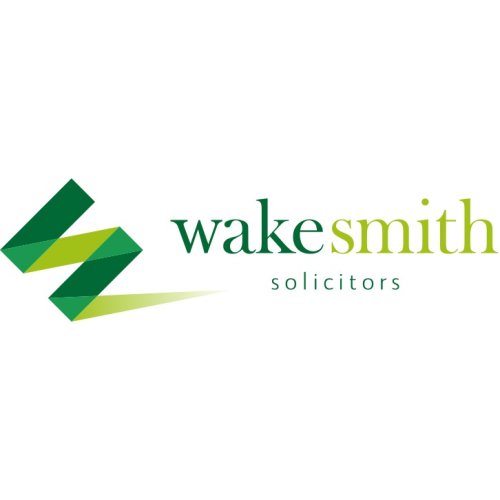Best Art & Cultural Property Law Lawyers in United Kingdom
Share your needs with us, get contacted by law firms.
Free. Takes 2 min.
Or refine your search by selecting a city:
List of the best lawyers in United Kingdom
About Art & Cultural Property Law in the United Kingdom
Art & Cultural Property Law in the United Kingdom is a specialized legal field that addresses the governance of the arts and the management and protection of cultural property. It encompasses issues related to ownership, transfer, intellectual property rights, the repatriation of cultural heritage items, and the regulation of art markets. The UK, with its rich history and vibrant art scene, is a significant hub for art transactions, making understanding of these laws essential for artists, collectors, dealers, and institutions.
Why You May Need a Lawyer
There are several situations where individuals or organizations may require legal assistance in Art & Cultural Property Law:
- Acquisitions and Sales: Ensuring transactions comply with legal standards and ownership rights are clear.
- Provenance Issues: Determining the history of an artwork to establish legitimate ownership.
- Restitution Claims: Navigating claims for the return of cultural artifacts to their country of origin.
- Intellectual Property: Protecting the artistic rights and creativity of artists.
- Loan Agreements: Drafting or reviewing agreements related to the loan of artworks to galleries or museums.
- Customs and Export Controls: Dealing with the movement of art and cultural property across borders.
- Forgery and Fraud: Addressing concerns related to the authenticity of artworks and potential fraud.
Local Laws Overview
The UK has several laws and regulations relevant to Art & Cultural Property Law, including:
- The Dealing in Cultural Objects (Offences) Act 2003: Criminalizes dealing in illicitly obtained cultural objects.
- The Treasure Act 1996: Deals with the discovery of treasure in the UK, including requirements for reporting.
- Intellectual Property Act 2014: Enhances protection for creators and owners of intellectual property.
- The Cultural Property (Armed Conflicts) Act 2017: Implements the Hague Convention, protecting cultural property in armed conflict scenarios.
- The National Heritage Act: Governs the protection and management of the UK’s national heritage.
Frequently Asked Questions
What is provenance, and why is it important?
Provenance refers to the documented history of an artwork's ownership. Establishing provenance is crucial to verify authenticity and legitimate ownership, particularly in art sales and restitution cases.
What steps should I take if I discover art is unlawfully obtained?
If you suspect an artwork is unlawfully obtained, consult with a legal expert in Art & Cultural Property Law who can guide you on compliance with legal standards and potentially rectifying ownership issues.
How is intellectual property protected for artists in the UK?
Artists can protect their creations through copyright, trademarks, and design rights. The Intellectual Property Office provides guidelines on registering these protections.
What are the legal responsibilities of an art dealer?
Art dealers must ensure artworks have a clear provenance, comply with trade regulations, and protect buyers’ interests. Failure to do so can result in legal actions.
How can museums handle claims for artifact restitution?
Museums should work with legal advisors to address provenance research and negotiate claims, ensuring compliance with international regulations and ethical standards.
Can stolen art be claimed back after many years?
The ability to reclaim stolen art depends on multiple factors, including the duration since the theft, jurisdictional laws, and efforts taken to resolve the case. Legal advice is essential.
What is the role of the Cultural Property (Armed Conflicts) Act 2017?
This Act protects cultural heritage during armed conflicts, prohibiting illicit trade and ensuring the safeguarding of cultural property in conflict zones.
How does the UK regulate art export and import?
The UK employs export control systems and customs regulations to monitor the movement of artworks, involving licenses and documentation for specific items.
Are there legal recourses for art forgery victims?
Victims of art forgery can pursue legal actions for restitution and damages. Consultation with a specialized lawyer is recommended to evaluate and proceed with claims.
What are the consequences of dealing in illicit cultural objects?
Dealing in illicit cultural objects can result in criminal charges, fines, and imprisonment under UK law, particularly under the Dealing in Cultural Objects (Offences) Act 2003.
Additional Resources
For further assistance, consider exploring the following organizations:
- The Arts Council England: Offers resources and guidance on art legislation and cultural property.
- The British Museum: Provides insights into provenance research and restitution policies.
- The UK Intellectual Property Office: Guides on registering and managing intellectual property rights.
- ICOM UK (International Council of Museums UK): A platform for addressing museum-related legal issues.
Next Steps
If you require legal assistance in Art & Cultural Property Law, begin by consulting with a solicitor specializing in this field. Gather all relevant documentation concerning your legal concern, and seek referrals from credible resources or professional organizations. It's advisable to prepare a list of questions and objectives for your initial meeting to ensure effective legal support tailored to your needs.
Lawzana helps you find the best lawyers and law firms in United Kingdom through a curated and pre-screened list of qualified legal professionals. Our platform offers rankings and detailed profiles of attorneys and law firms, allowing you to compare based on practice areas, including Art & Cultural Property Law, experience, and client feedback.
Each profile includes a description of the firm's areas of practice, client reviews, team members and partners, year of establishment, spoken languages, office locations, contact information, social media presence, and any published articles or resources. Most firms on our platform speak English and are experienced in both local and international legal matters.
Get a quote from top-rated law firms in United Kingdom — quickly, securely, and without unnecessary hassle.
Disclaimer:
The information provided on this page is for general informational purposes only and does not constitute legal advice. While we strive to ensure the accuracy and relevance of the content, legal information may change over time, and interpretations of the law can vary. You should always consult with a qualified legal professional for advice specific to your situation.
We disclaim all liability for actions taken or not taken based on the content of this page. If you believe any information is incorrect or outdated, please contact us, and we will review and update it where appropriate.
Browse art & cultural property law law firms by city in United Kingdom
Refine your search by selecting a city.

















